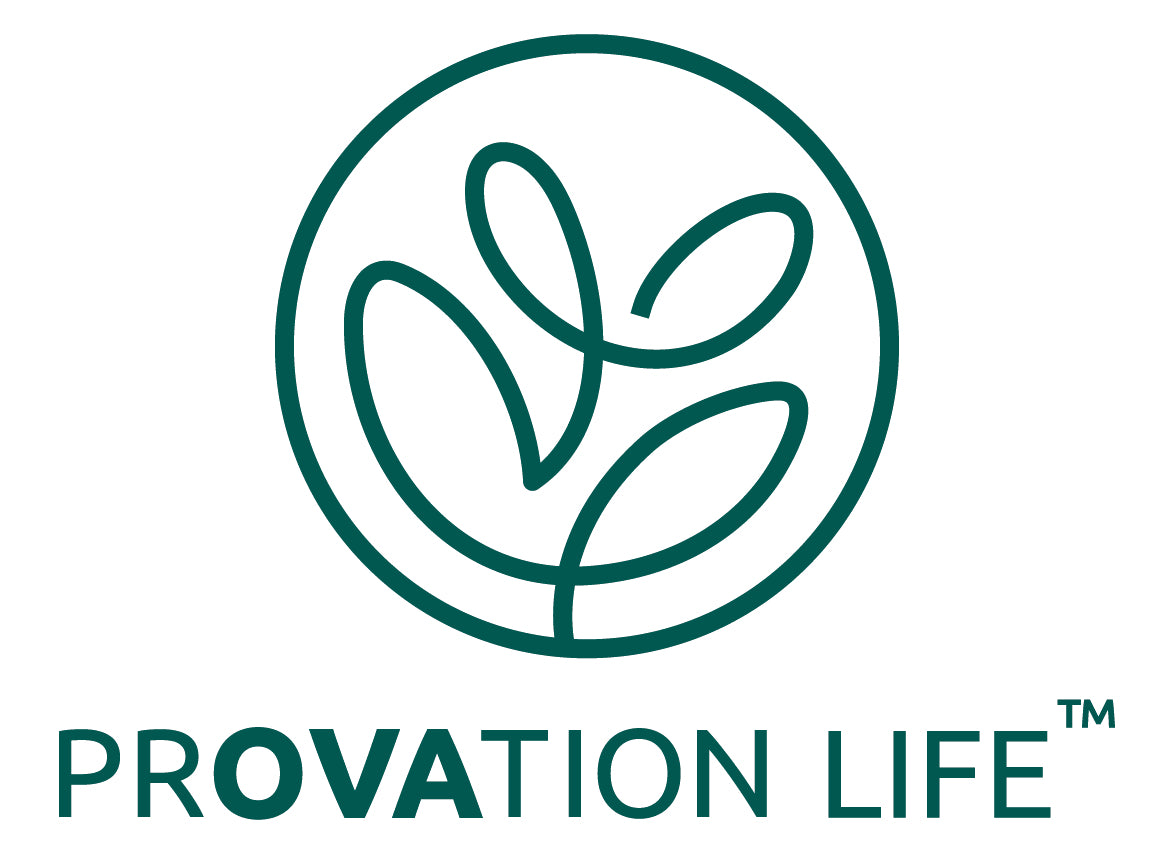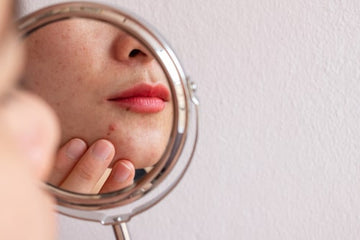Managing PCOS-Related Skin Issues: Acne, Oily Skin, and Hirsutism
by Herman Weiss on Sep 27, 2023
Polycystic Ovary Syndrome (PCOS) is a well-known hormonal disorder that affects millions of individuals, primarily women of reproductive age. While many are familiar with the characteristic symptoms of PCOS, such as irregular periods and fertility challenges, there's an often-overlooked aspect of this condition that significantly impacts those living with it: skin health.
If you're one of the many dealing with PCOS, you may have experienced skin issues like acne breakouts, excessively oily skin, and hirsutism (unwanted hair growth). In this blog post, we'll delve into the connection between PCOS and these skin problems and provide you with practical strategies for managing them effectively.
Understanding the Link Between PCOS and Skin Issues
PCOS is characterized by hormonal imbalances, particularly elevated levels of androgens, which are typically considered male hormones. These hormonal fluctuations can take a toll on your skin in several ways:
1. Acne Breakouts: The heightened androgen levels associated with PCOS can lead to increased sebum (oil) production in your skin. Excess oil, combined with the shedding of skin cells, can clog your pores and result in various types of acne, including blackheads and cystic acne.

2. Excessively Oily Skin: Many individuals with PCOS contend with excessively oily skin due to the overproduction of sebum. This can leave your skin feeling greasy and contribute to the development of acne.
3. Hirsutism: PCOS can also trigger hirsutism, characterized by the growth of coarse, dark hair in areas where it's typically more common in males, such as the face, chest, and back.
Strategies for Effectively Managing PCOS-Related Skin Issues
The good news is that there are practical steps you can take to manage and improve your skin health while living with PCOS:
1. Skincare Routine: Establishing a consistent skincare routine is crucial. Use a gentle cleanser to remove excess oil and prevent clogged pores. Incorporate products with ingredients like salicylic acid or benzoyl peroxide to combat acne. Don't forget to moisturize to maintain skin hydration.
2. Hormonal Birth Control: Some individuals find relief from PCOS-related skin issues by using hormonal birth control methods like birth control pills or hormonal IUDs. These can help regulate hormone levels and reduce acne.
3. Prescription Medications: For severe acne, your healthcare provider may prescribe topical or oral medications such as antibiotics, retinoids, or anti-androgen medications to manage skin symptoms.
4. Hair Removal: If hirsutism is a concern, consider various hair removal methods like waxing, threading, or laser hair removal. Discuss these options with a dermatologist.
5. Dietary and Lifestyle Changes: Maintaining a balanced diet and a healthy lifestyle can help manage PCOS symptoms, including those affecting your skin. Focus on a low-glycemic diet and regular exercise to help regulate insulin levels.
It's important to remember that the effectiveness of these strategies can vary from person to person. Consulting with a healthcare provider or dermatologist for personalized advice and treatment plans is essential.











